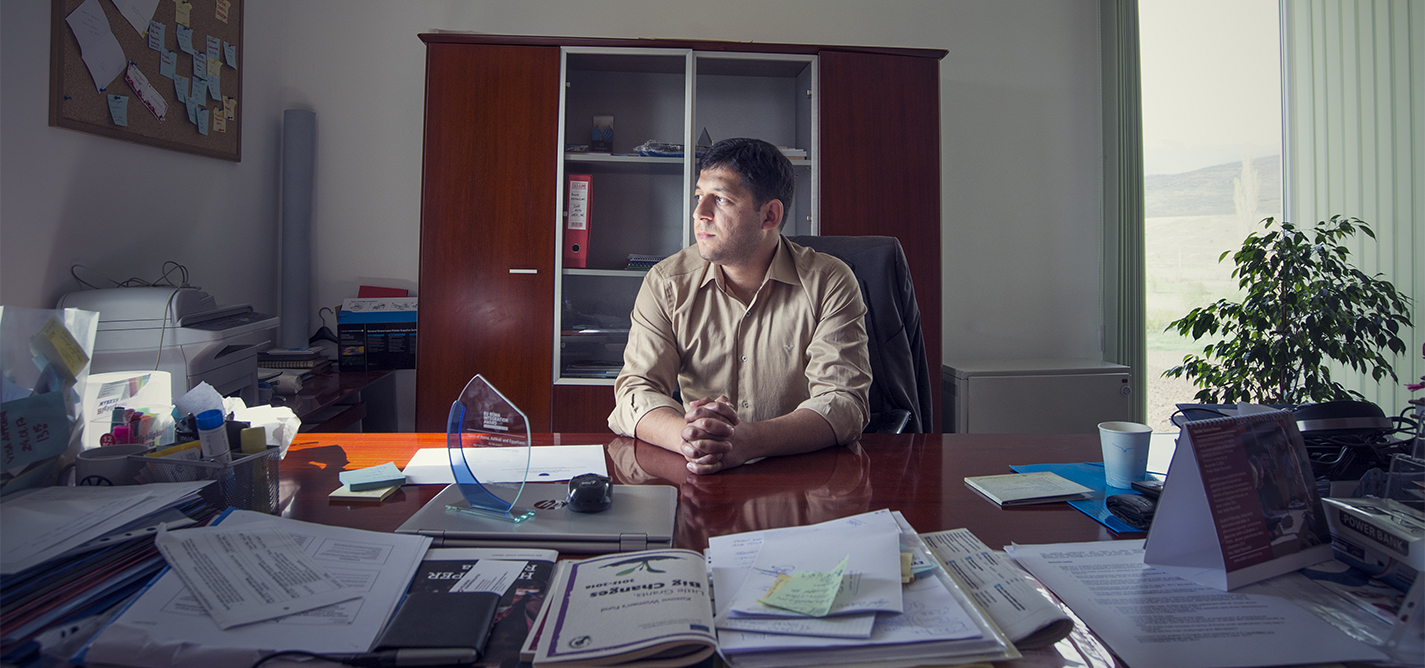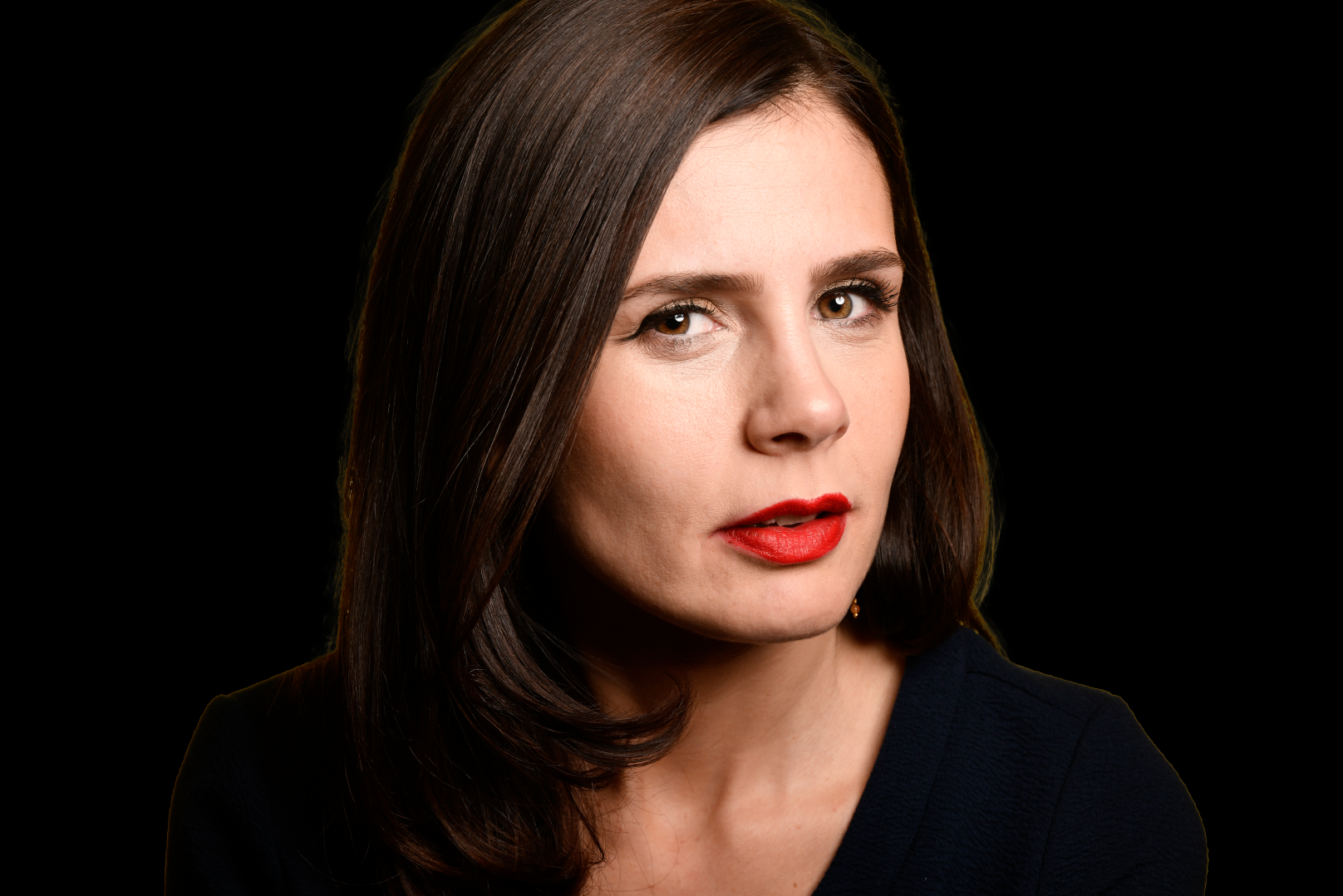
More than just a Roma Day
Five Roma activists talk culture, rights and discrimination.
"It speaks about holocaust, about Auschwitz, it speaks about Roma survivors, it speaks about their suffering, their sacrifice."
"Discrimination in society is happening a lot. The invisible discrimination. There is the bus that goes from Prishtina to Obiliq and the bus seats are divided."
Avni Mustafa"What is important is that the community gets the sense that the attention is on them. Although it is just one day of the year, it is still one day, because earlier the Roma weren’t even the focus of attention on this day."
Isak Skenderi"I find it somehow sad that there aren’t Roma movies in Kosovar cinema."
"There are many other women who are judges, prosecutors, doctors and lawyers but people don’t know them."
"Since it is International Roma Day, we should talk about the day itself, or about the first Congress of the Roma community — there are other days when we need to talk about the issues faced by Roma people."
Daut Qulangjiu"We often say that the whole world is our state. That’s why we should demand our rights all over the world."

Dafina Halili
Dafina Halili is a senior journalist at K2.0, covering mainly human rights and social justice issues. Dafina has a master’s degree in diversity and the media from the University of Westminster in London, U.K..
This story was originally written in English.